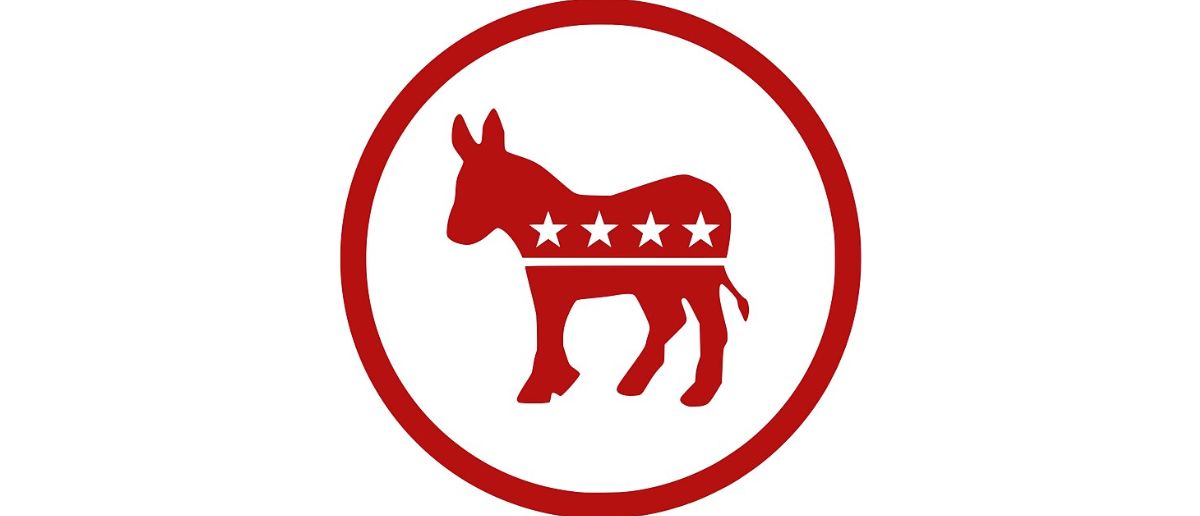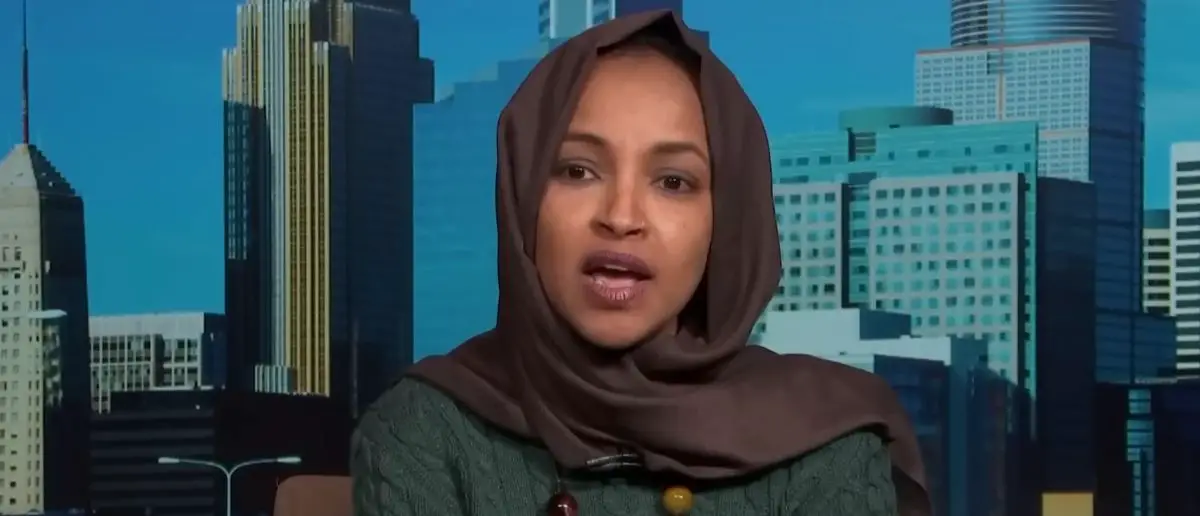
The Democrats are working behind-the-scenes to stage a comeback. They want to take over Congress in 2026.
But Democrat fundraising numbers were released with truly shocking results.
Progressive figures within the House Democratic caucus have significantly outpaced their more vulnerable colleagues in fundraising over the past three months, revealing stark contrasts within the party. New York Representative Alexandria Ocasio-Cortez amassed $5.8 million in the second quarter, while Texas Representative Jasmine Crockett secured $2.1 million. In contrast, Democrats in competitive districts struggled to match these figures, often trailing behind Republican opponents facing similar electoral challenges.
The National Republican Congressional Committee (NRCC), the campaign arm for House Republicans, is leveraging these lackluster fundraising results to demonstrate weaknesses among Democrats.
“The serious lack of support and momentum for vulnerable House Democrats shows troubling signs and deep divisions within the Democrat Party,” said NRCC spokesman Mike Marinella. “The radical socialists of their party are taking over the party, and now they’re soaking up all the Democrats’ campaign cash.”
California Representative Ro Khanna, another prominent progressive, reported raising $2.5 million for his campaign in the same period. New Jersey Representative LaMonica McIver, despite facing federal charges related to an alleged assault on Immigration and Customs Enforcement officers in May, achieved a personal fundraising high, collecting over $751,000 in the second quarter, a sharp increase from the $65,000 raised in the first quarter.
Midterm elections typically pose challenges for the party in power, and this year’s second-quarter fundraising reports suggest that some veteran House Democrats may be losing ground. Nevada Representative Dina Titus raised under $220,000, concluding the period with approximately $484,000 in cash reserves. Similarly, Ohio Representative Marcy Kaptur and Texas Representatives Vicente Gonzalez and Henry Cuellar each reported less than $500,000 in funds.
Cuellar’s $460,000 total included a $200,000 personal loan to his campaign, as noted in his July FEC filing. President Donald Trump won Kaptur’s and the Texas Democrats’ districts in November and came within 8,000 votes of securing Titus’ district. Republican-led state legislatures in Texas and Ohio may redraw these districts to favor GOP candidates, as discussions about mid-decade redistricting gain traction.
Despite these challenges, some House Democrats in competitive races showed resilience. Washington Representative Marie Gluesenkamp-Perez raised just under $905,000, while New York Representative Tom Suozzi collected over $825,000, ending the quarter with more than $3 million in reserves. Both represent districts carried by Trump in November.
However, vulnerable House Republicans generally outperformed their Democratic counterparts, with GOP incumbents in swing districts raising an average of $1.1 million, nearly double the average for Democratic incumbents, according to NRCC analysis. “House Republicans are steamrolling vulnerable Democrats in the money race, and it’s not even close,” Marinella stated.
Every Republican on the NRCC’s Patriot list, representing the party’s most at-risk incumbents, raised over $700,000 in the second quarter. In contrast, only 11 of the 25 House Democrats targeted by the NRCC for 2026 reported fundraising totals above this threshold, per Punchbowl News. Virginia Representative Eugene Vindman, a freshman whose twin brother was central to Trump’s first impeachment, was the only Democratic target to exceed $1 million.
Ocasio-Cortez closed the July filing period with $9.8 million in cash reserves, positioning her as a formidable contender for a potential 2028 Senate challenge against Democratic Leader Chuck Schumer or a presidential run.
Dangers of Socialist Democrats’ Rising Influence and Mainline Democrats’ 2026 Challenges
The growing prominence of socialist-leaning Democrats, exemplified by figures like Alexandria Ocasio-Cortez and the Democratic Socialists of America (DSA), poses significant risks to the Democratic Party’s cohesion and electoral prospects. As these progressive voices gain traction, mainline Democrats face mounting challenges ahead of the 2026 midterms, compounded by fundraising disparities, and an unfavorable political atmosphere.
The surge in popularity of democratic socialism among Democrats, with 65% expressing a positive view of socialism by 2021, signals a shift away from traditional capitalist frameworks. Leaders like Ocasio-Cortez and Bernie Sanders have destigmatized socialism, appealing to younger and more liberal voters. However, this shift risks alienating moderate voters who view socialism skeptically, associating it with government overreach or economic inefficiency.
Democratic socialism advocates for a socially owned economy and workplace democracy, arguing that capitalism undermines freedom and equality. While these ideas resonate with a growing segment of the Democratic base, critics warn that they could weaken the party’s appeal in swing districts. Policies like Medicare for All or defunding the police, championed by the DSA, are seen as divisive, potentially repelling working-class and independent voters crucial for electoral success.
The fundraising prowess of progressive figures highlights their influence but exacerbates tensions within the party. Ocasio-Cortez’s $9.8 million war chest dwarfs the totals of vulnerable incumbents like Dina Titus and Marcy Kaptur, who struggle to compete financially with Republican opponents.
Mainline Democrats face a daunting 2026 landscape. Polls indicate the party’s brand is severely damaged, with only 40% of Democratic voters approving of congressional Democrats’ performance, a historic low. Perceptions of the party as “out of touch,” “woke,” or “elitist” further erode its credibility, particularly among working-class and Hispanic voters.
The 2026 Senate map is equally challenging, with Democrats defending 13 seats, including vulnerable ones in states Trump won in 2024, like Georgia and Michigan. Republican-led redistricting efforts in states like Texas and Ohio could further tilt competitive House districts toward the GOP, diminishing Democratic chances of flipping the chamber.
The rise of socialist Democrats also risks primary challenges from younger, more ideological candidates. The DSA’s growing membership, now over 80,000, and its success in electing local officials signal a grassroots push that could unseat moderate incumbents. This internal strife, coupled with a lack of unified leadership and messaging, weakens the party’s ability to counter a resurgent Republican agenda under Trump.
While some polls suggest Democrats could gain in 2026 due to dissatisfaction with Trump’s policies, their current trajectory points to continued struggles. Without addressing the socialist-moderate divide and rebuilding trust with voters, mainline Democrats risk further losses, jeopardizing their ability to challenge Republican dominance in the midterms.
Stay tuned to the DC Daily Journal.





